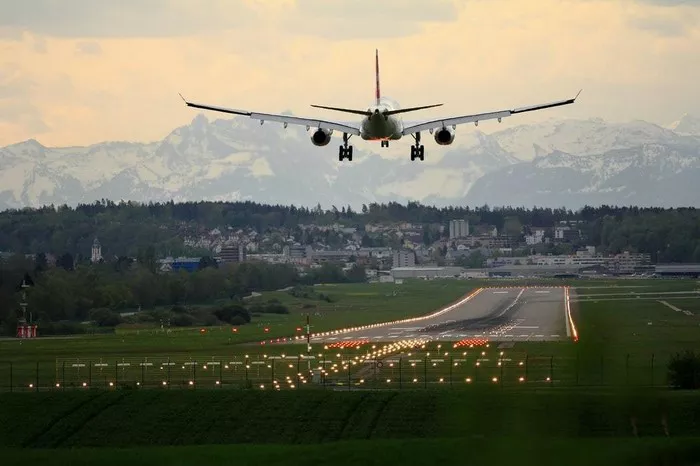In a push to accelerate the adoption of sustainable aviation fuels (SAF) across Asia-Pacific, the World Economic Forum (WEF) and Singapore-based investment platform GenZero have launched Green Fuel Forward, a regional initiative aimed at cutting aviation emissions in one of the fastest-growing air travel markets globally.
Unveiled at the GenZero Climate Summit 2025 in Singapore, the initiative is designed to support SAF uptake by providing technical guidance, peer-learning opportunities, and tools for navigating emerging fuel-tracking and emissions-reporting systems. These include book-and-claim mechanisms, environmental integrity standards, and harmonized reporting protocols.
Broad Industry Support
The program has already attracted key industry players, including Singapore Airlines, Air New Zealand, Qantas Group, Boeing, DHL, DBS Bank, and UOB. While major carriers form the backbone of the alliance, the initiative is open to any company in the region looking to engage in sustainable fuel procurement, regardless of their role in the aviation value chain.
Green Fuel Forward will also host regional workshops and SAF test purchases, enabling stakeholders to build real-world experience with SAF operations while staying compliant with regulatory and antitrust laws.
“This initiative complements our broader aviation decarbonization agenda, but offers a model specifically designed for Asia-Pacific’s unique landscape,” said Laia Barbarà, Head of Climate Strategy at WEF.
Asia-Pacific Poised for SAF Scale-Up
The Asia-Pacific region presents a dual opportunity: soaring aviation demand paired with an abundance of SAF feedstock options and emerging policy support. Countries like Singapore are actively fostering SAF ecosystems, with its Sustainable Air Hub Blueprint providing a roadmap for long-term development.
“There’s a clear window for Asia-Pacific to lead the SAF transition—if demand signals become stronger and more reliable,” said Frederick Teo, CEO of GenZero. “Green Fuel Forward is structured to provide clarity for corporate buyers and aviation stakeholders navigating this evolving market.”
Global Climate Targets and Regional Innovation
The initiative supports international decarbonization goals, including the International Civil Aviation Organization’s (ICAO) target to reduce jet fuel carbon intensity by 5% by 2030. Beyond emissions reductions, SAF development in the region could enhance energy security and drive innovation in low-carbon aviation technologies.
With Green Fuel Forward, Asia-Pacific could position itself as a global leader in sustainable aviation, aligning economic growth with environmental responsibility.

